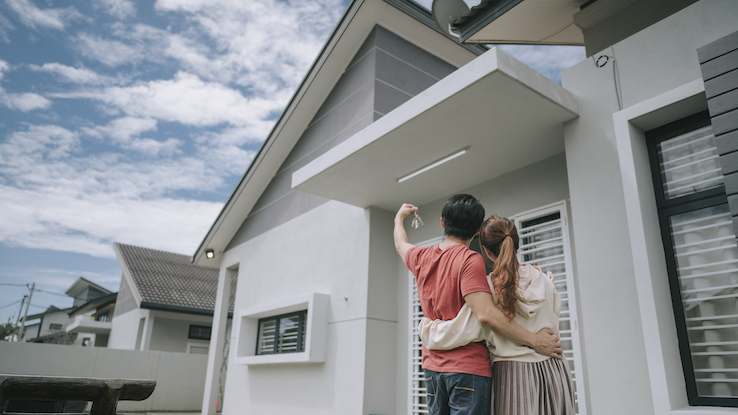You could find yourself somewhat surprised when you begin paying your first mortgage. Apart from the sums allotted for the principal and interest of your loan, you may be charged extra for something known as private mortgage insurance, or PMI. One form of policy only relevant for particular conventional loans is private mortgage insurance. You pay this annual fee either monthly or as a single sum, but you won't be making these payments for the term of your mortgage. Should you find yourself owing PMI, it is crucial to know what it is, how it operates, and how to meet this loan need.

Costly and depending on the value of the house, private mortgage insurance can mount up. Most private mortgage insurance will run from 0.5% to 1%. Although that might not appear significant, it does eat a reasonable portion for your mortgage. For instance, a $200,000 house with a $0 down payment would be left paying between $1,000 and $2,000 year. Your monthly payments would then include an extra $150. Paying $150 a month for just five years comes to $9,000 paid for private mortgage insurance. You are basically squandering this money every single month since it does not go towards the loan at all. Furthermore take into account that depending on your down payment size and loan duration, you could be paying that for well over five years or maybe more than ten years. Fortunately, even if you already own a house, you can eliminate private mortgage insurance. Your mortgage company will eliminate this insurance from your monthly payment if you pay enough toward the principle of your loan to own twenty percent of the value of the house. That implies you may start saving that money sooner the more you pay the principle.
Starting your mortgage with an 80% or less loan-to- value ratio helps you avoid paying private mortgage insurance. This results from making a 20% down payment or borrowing at least 20% less than the entire purchase price without down payment. Should you find yourself unable to pay at least 20%, you can obtain a second mortgage, sometimes known as a piggyback mortgage, to cover the down payment cost if it is authorized under the terms of your mortgage. You still have to make both mortgage payments; one will be far smaller than the other, but you avoid paying private mortgage insurance. Recall a mortgage is a contract. Nearly everything else is negotiable; there will be certain standard clauses you may not be able to modify. Certain lenders will pay private mortgage insurance on behalf of a borrower. You pay a higher interest rate for the whole mortgage term in return, but once your loan-to-- value ratio gets above 80%, your lender will stop paying private mortgage insurance on your behalf.